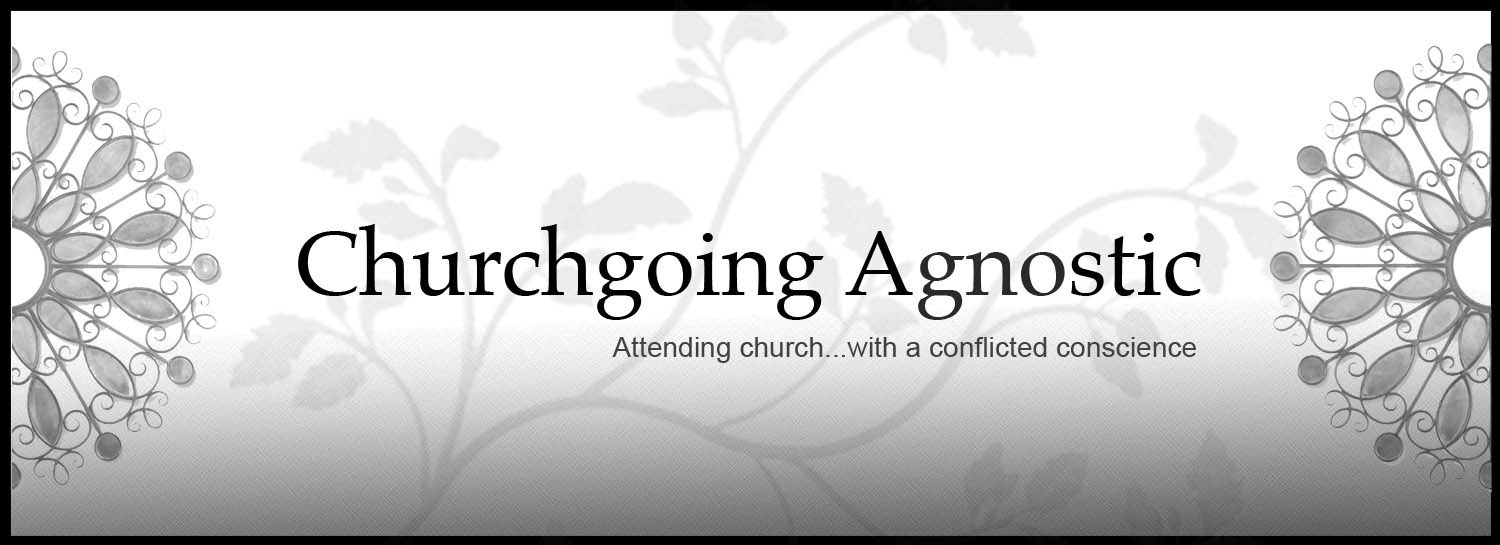Earlier this summer, my supervisor at work was invited to a mandatory meeting at the last-minute and asked me to take his place escorting a French news reporter and a his photographer throughout our hospital system as they filmed a documentary on philanthropic activities in the United States. In between interviews with philanthropists, families, college faculty and hospital administrators, I talked with the reporter, Frédéric Dupuis, about French politics, religion, and entertainment. On the topic of entertainment, we discussed the types of American television shows that are most popular with the French. According to Dupuis, favorite shows among French viewers include
Grey’s Anatomy,
Lost and
CSI: Miami (known as
Experts in France).
He said that these shows were popular because they had complex characters. In other words, the French people seem to gravitate to those shows where there aren’t any clear-cut divisions between good or evil characters. They aren’t generally interested in the stories of the hero riding a white pony and the villain wearing a black mask. Instead, they are drawn to stories about everyday people facing challenging situations.
Of the shows he mentioned, we discussed the elements that most of their characters seem to share. First, each character has a “shadow-side” as well as the potential to do something redemptive. Second, each character has a past that they are not entirely proud of. Third, each character maintains complicated relationships with the other characters (who at times can be identified as allies, enemies or both).
Our discussion reminded me of the characters of the award-winning 2004 film,
Crash. I remember reading something radical priest and social activist Father Richard Rohr wrote a few years ago in regards to that film. Rohr said that
Crash is the type of film where the characters that you would identify as the heroes in the first half of the story later turn out to have dark sides of their own and those characters you would identify as villains early in the film later prove to have surprisingly redemptive qualities. In the end, you see all the characters as realistic depictions of complex human beings who are capable of acting in ways that are sometimes honorable and sometimes disheartening.
On a similar note, a friend of mine, who is an actress/playwright, once told me, “When you are developing a believable character you must remember that every character wants something.” I believe, as humans, we are all complex characters and we all want something. Perhaps stories of complicated characters serve to remind us of our own conflicting interests and motives. We try to live and function with a mental tension where our good intentions coexist with our selfish inclinations. I applaud the creative minds whose works of art and literature manage to reflect that complexity because it seems that many stories fail to stress just how complicated, multi-faceted and interconnected we humans really are.
I continue to fear the implications of those stories that depict the world as a perpetual Armageddon of “us” versus “them.” In this worldview, the global village becomes a dualistic fantasy world pitting the absolutely righteous versus the absolutely wicked; the civilized versus the heathen; the saved versus the lost. I consider many of these to be false dichotomies that are not based in reality. It seems that a majority of non-Americans also fear this dualistic worldview because it has so often bled over into America’s enforcement of domestic and foreign policy and is manifested in the ways we deal with new threats and strange challenges to our way of life.
I love a good story, but I also love realistic and believable characters. When characters are believable I think they are best able to model for us the inspiring lives we’d like to live and the harsh realities we’d like to avoid. These characters inspire us, inform us and warn us.
Let’s focus on telling powerful stories with realistic characters. Let’s encourage those who tell such stories. And let’s live in ways that acknowledge the complexities of our humanity and interconnectedness of our experiences.
 I think this is a timely quote from comedian/political satirist Bill Maher that touches on the danger of choosing presidential candidates and political leaders based on their religious beliefs instead of choosing them on the basis of their capability to do the job they are applying for. The following quote is taken from his "New Rules" segment for the Sept. 21, 2007 episode of Real Time with Bill Maher. He's brash but I think makes a very good point.
I think this is a timely quote from comedian/political satirist Bill Maher that touches on the danger of choosing presidential candidates and political leaders based on their religious beliefs instead of choosing them on the basis of their capability to do the job they are applying for. The following quote is taken from his "New Rules" segment for the Sept. 21, 2007 episode of Real Time with Bill Maher. He's brash but I think makes a very good point.


